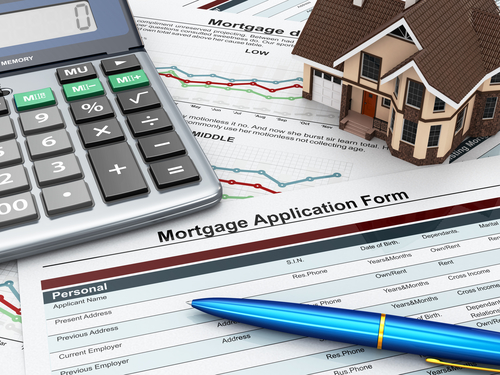16 Aug How to Get Residential Construction Loans
Most people are not familiar with residential construction loans until they day they actually investigate what it takes to build a custom home. Before the mortgage begins, the builder needs funds to start construction — so unless you have cash available or the builder agrees to finance construction, you will need a residential construction loan.

A Brief History of Residential Construction Loans
A construction loan can be issued to the future homeowner or the builder. In the past, these loans were commonly granted to regular individuals interested in building a dream home. That’s changed a bit in the aftermath of the recession.
Now, it’s more common for construction loans to be granted to giant national builders, who then sell template homes and customize the finishes for the buyer.
Home buyer construction loans are often the best option if you want a truly custom home. Financing the construction lets you start from scratch with a boutique architect and builder.
Types of Loans for Residential Construction
There are two basic types of construction loans: either a short-term loan or a “construction-to-permanent loan.”
Short-term construction loans last for about one year. During this time you will need to pay at least the interest. When the home is completed on schedule, the short-term loan gets replaced by a standard mortgage.
Construction-to-permanent loans are also called “all-in-one” loans because they cover construction and the mortgage with only one closing.
The permanent loans offer numerous advantages, including less closing costs and greater convenience. However, it’s worth exploring all of these options before deciding, as your particular financial situation will determine the best fit.
Qualifying for a Construction Loan
Compared to a regular mortgage, residential construction loans have higher hurdles. Because the home does not even exist yet and because constructions delays are common, lenders are taking on significant risk.
In a nutshell, expect your construction loan to require all the financial paperwork of a mortgage, and more — particularly in the form of detailed building plans.
Residential construction loans typically require significant collateral. For that reason, current homeowners are the most likely candidates to qualify. If you do not have equity to use as collateral, other options include a lot loan or a larger down payment (a loan that will only cover a smaller percentage of construction).
Some more tips for obtaining the residential construction loan:
- These loans are not commonly advertised. Expect to do the legwork and approach your bank and other lenders for info.
- Find lending agents with experience in residential construction loans. If they are not familiar with the loan type or the geographical area, they may perceive greater risk or not be motivated to deliver.
- Mortgage brokers sometimes have better options than standard banks and credit unions.
- Also talk with your builder to determine how they would prefer the construction financing to be handled for your particular project.
Also, be prepared to meet the terms of the loan. For each disbursement, a loan officer will want to see updates on the residential construction process. A punctual builder and a detailed timeline are critical for moving things along smoothly. Contact us so we can help you reach your goals.

Sorry, the comment form is closed at this time.